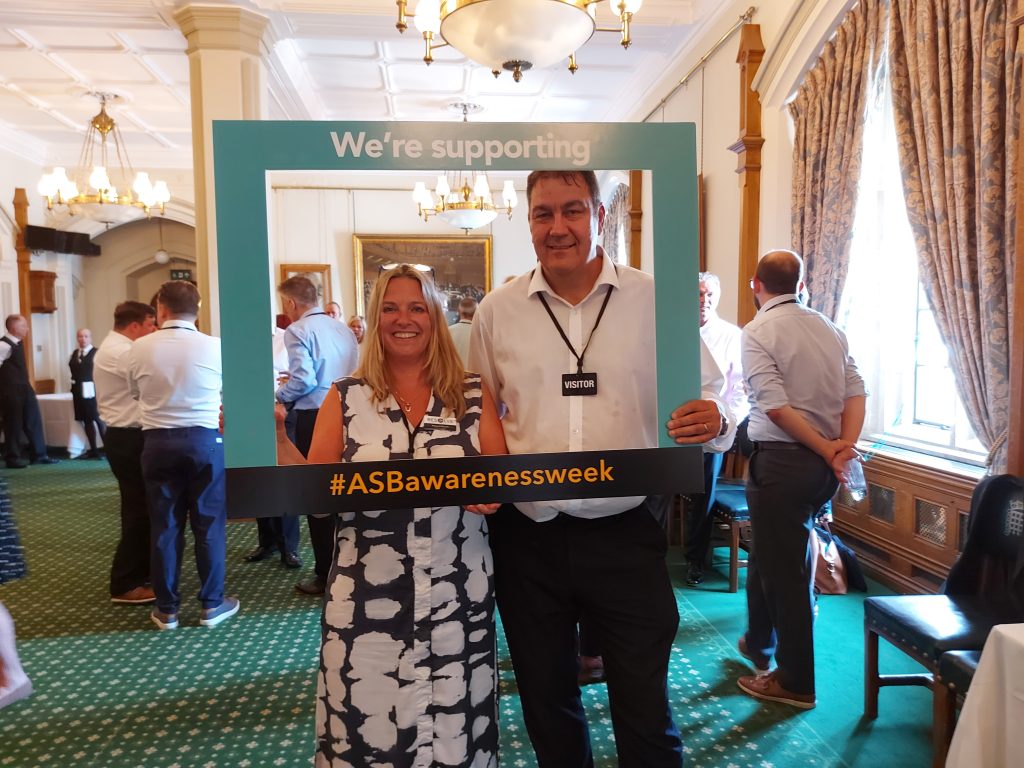Cleveland Police and Crime Commissioner Steve Turner is helping to spearhead a national campaign to get tough on antisocial behaviour (ASB.)
Steve was asked to speak alongside Government ministers and the Victims Commissioner at a parliamentary event to mark ASB Awareness Week. The event runs until 24 July 2022.
Five principles of ASB
As part of the event, Steve helped to launch the five ASB Principles. The Home Office ASB Strategic Board and its partners draw up the principles.
The principles aim to help organisations deliver the best and most consistent outcomes for victims and reporting ASB.
The five principles are the following:
- Victims should be encouraged to report ASB and expect to be taken seriously. They should have clear ways to report. They should also have access to help and support to recover and be given the opportunity to choose restorative approaches to tackling ASB.
- Agencies should have clear and transparent processes to ensure victims can report ASB concerns, can understand how the matter will be investigated and are kept informed of progress
- Agencies and practitioners should work across boundaries to identify, assess and tackle ASB and its underlying causes. Referral pathways – including those for Community Trigger and health services – should be clearly set out
- The public’s ASB concerns should be considered as part of any strategic needs assessment. In addition, best practice should be shared.
- Adults and children, who are involved in ASB, should have the opportunity to take responsibility for their behaviour and repair the harm caused by it. Agencies should deliver appropriate action including criminal justice options.
All agencies working together
Cleveland PCC Steve Turner emphasized the importance of all agencies working together to resolve antisocial behaviour at a local level.
He said: “Antisocial behaivour has a devastating impact on victims and communities and it can threaten fundamental aspects of everyday life.
“Nobody should feel frightened, threatened or unsafe in their own community. Prevention is absolutely key in ensuring those who engage in antisocial behaviors do not continue down a path of causing further distress and harm within our communities.
“What is important to reiterate is that antisocial behaviour is not a policing issue; it is a partnership issue.
“Tackling antisocial behaviour is a key priority highlighted inthe police and crime plans of every PCC in England and Wales.
“As the voice of the public, we continue to fund preventative projects and initiatives. We also work with partners to support vulnerable young people.
“Nationally we are working with all PCCs reviewing the tools, powers and levers to respond and prevent ASB locally.”

Steve was speaking in his capacity as the Association for Police and Crime Commissioner’s Joint lead for Local Policing.
This year marks the second awareness Week run by charity ASB Resolve. It will focus on the impact of antisocial behaviour on young people as well as the importance of engaging the wider public in their role of tackling ASB.
Polling by YouGov for Resolve found that more than a third (35 per cent) of the UK public had experienced an increase in ASB in their local area. Only one per cent believed the problem had ‘decreased a lot’.
The Government’s Beating Crime Plan sets out a commitment to using a multi-agency approach to drive down ASB.
